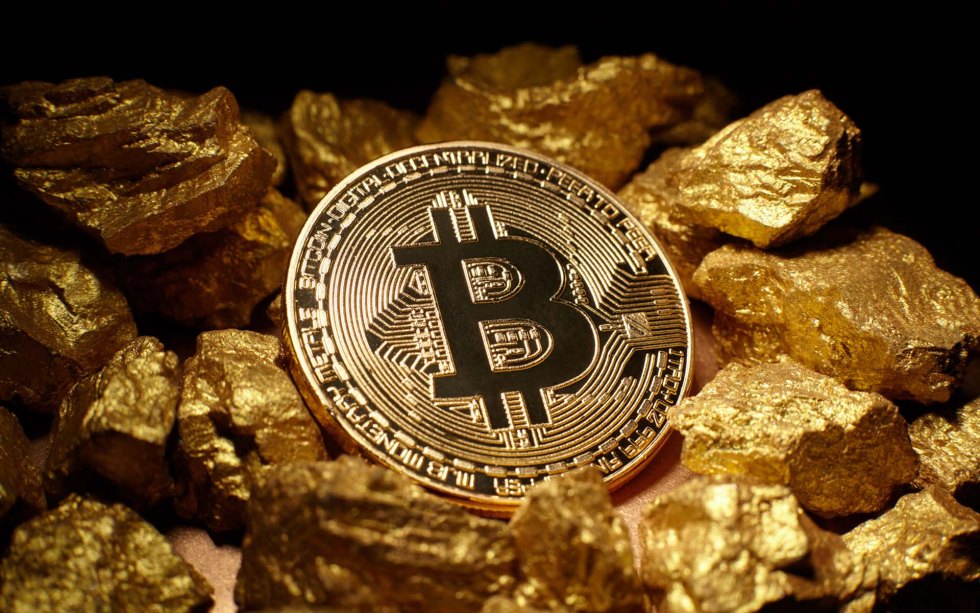The World Gold Council claims Bitcoin—commonly referred to as “digital gold”—will never be as good as the real deal while admitting it could “undermine the tools used by the Fed and other central banks to influence the economy.”
NOT QUITE DIGITAL GOLD, SAYS GOLD
In its January 2018 investment update, the World Gold Council acknowledges Bitcoin’s vastly superior 13-fold increase when compared to gold’s very respectable 13% gains in 2017.
Nevertheless, it defends gold as a more advantageous investment—while citing cryptocurrencies as too risky.
Cryptocurrencies may become an established part of the financial system. But, in our view, gold is very different from cryptocurrencies, as gold: is less volatile, has a more liquid market, trades in an established regulatory framework, has a well understood role in an investment portfolio, [and] has little overlap with cryptocurrencies on many sources of demand and supply.
The report also comes at a time when the price of Bitcoin has seen a sharp correction, following an impressive run-up and subsequent worries of strict regulation in South Korea and India.
It is also worth noting that the World Gold Council’s stated purpose is “to stimulate and sustain demand for gold, provide industry leadership, and be the global authority on the gold market”—thus making it highly unlikely that they would support Bitcoin as a viable alternative investment.
ANYTHING BUT BORING
The World Gold Council is particularly critical of the fact that the price of Bitcoin moves, on average, 5 percent day—stating that “it is hardly a characteristic of a currency, let alone a store of value,” and thus only appropriate “for investors looking for extremely high investment returns.”
The report also claims the risk of sudden restrictions from countries across the globe make Bitcoin a dangerous investment, and claims the dominant cryptocurrency is disruptive to the established banking system.
Monetary policy is a key central bank tool today. If people choose to transact in cryptocurrencies instead of fiat currency, it might make monetary policy less effective and undermine the tools used by the Fed and other central banks to influence the economy and prompt the government to regulate these products.
It also adamantly denies claims that the price of gold is suffering as a direct result of cryptocurrency demand while stating that Bitcoin could suffer “devastating effects” from alternative cryptocurrencies.
GOLD, THE NEXT BITCOIN?
Though the World Gold Council doesn’t view Bitcoin as a stable investment, it believes the underlying technology behind cryptocurrencies has a strong future—and is even looking to transform gold into a “digital asset” on private blockchains.
“Blockchain technology, the distributed ledger mechanism that underpins cryptocurrencies such as bitcoin, is genuinely innovative and could have wide-ranging applications across financial services and beyond. In the gold market, various players are exploring blockchain in the context of transforming gold into a ‘digital asset’, tracking gold provenance across the supply chain, and introducing efficiencies into post-trade settlement processes.”
It’s clear that the Council doesn’t view Bitcoin as a viable alternative to gold. Whether or not it can position gold as a viable alternative to Bitcoin, however, remains to be seen.
What do you think of Bitcoin as the gold-standard of cryptocurrency? Which asset would you rather invest in? Let us know in the comments below!
Feature images courtesy of [fot?], Bitcoinist archives.
